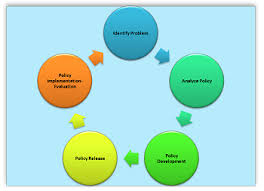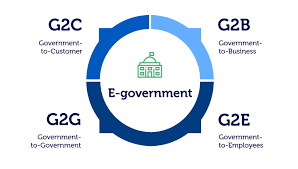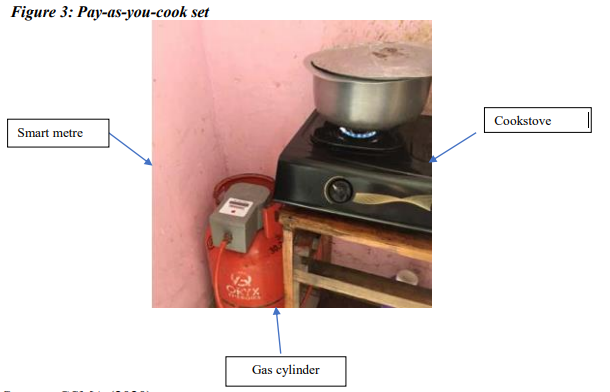Influence of Emotional Intelligence on Job Satisfaction
Moderating Effect of Organisational Commitment
Downloads
Job satisfaction has received much attention as a positive HRM requirement. Tanzania has made several efforts to enhance job satisfaction by fostering commitment, improved performance and ultimately leading to higher production. Even with the efforts made, empirical studies reveal that job satisfaction levels of staff in the public sector are generally low and unsatisfactory, consequently triggering an increase in labour turnover and low performance. Extant studies have yet to cover all the factors influencing job satisfaction. Thus, the current study examined the influence of emotional intelligence on job satisfaction, with organisational commitment as a moderating variable. A correlational research design was employed, and a simple random sampling technique was used to select 108 respondents from a target population of 148 employees. Data were analysed using Structural Equation Modelling (SEM). The findings reveal that interpersonal skills positively affect normative commitment (β=0.244), job satisfaction (β=0.156), and affective commitment (β=0.303) but negatively impact continuance commitment (β=-0.29). Empathetic response shows positive effects on normative commitment (β=0.353), continuance commitment (β=0.39), and job satisfaction (β=0.123), yet negatively affecting affective commitment (β=-0.105). Mood regulation and self-awareness also demonstrate significant impacts, with internal motivation positively influencing job satisfaction (β=0.211) and affective commitment (β=0.144) but negatively affecting normative commitment (β=-0.252). Based on the findings, there is a need to deliberately consider performance management of emotional intelligence to improve job satisfaction and increase commitment.












